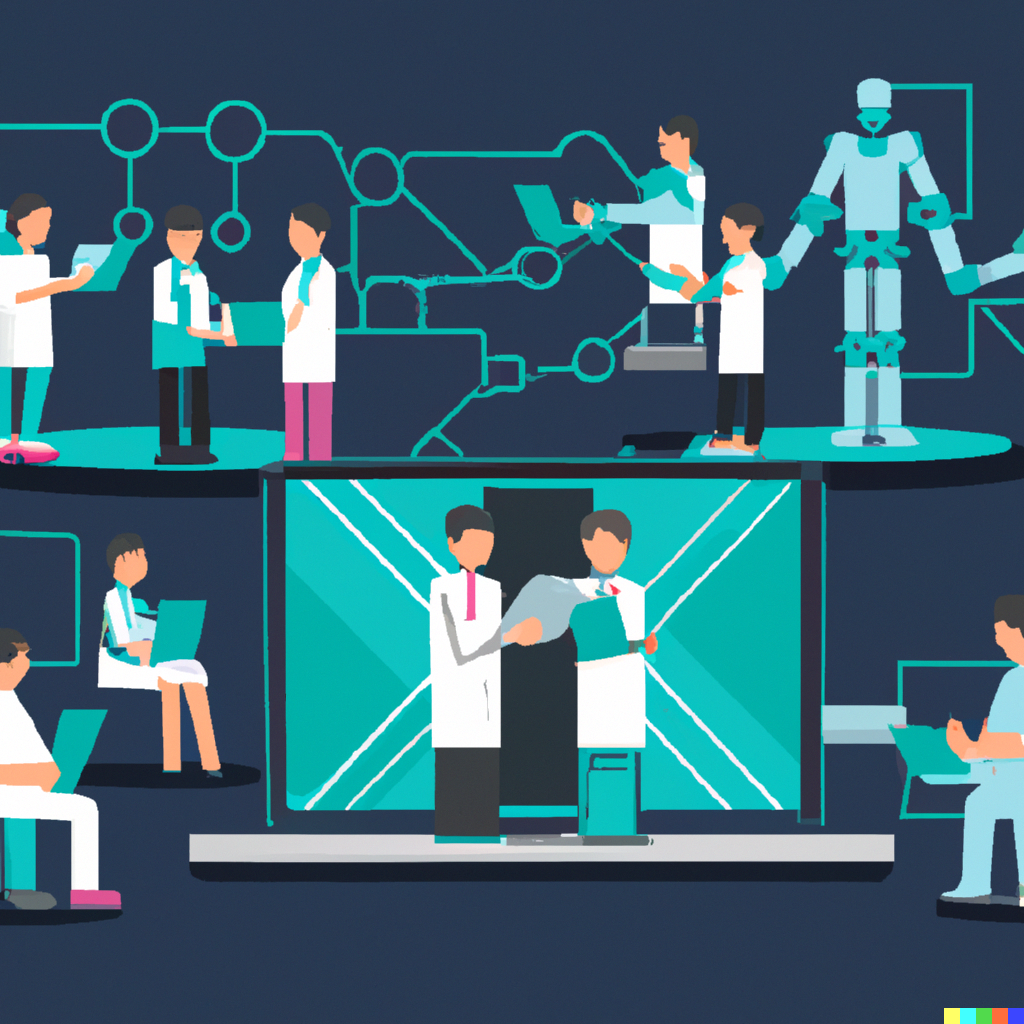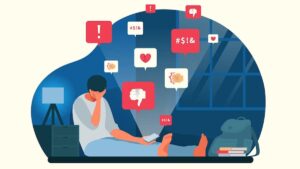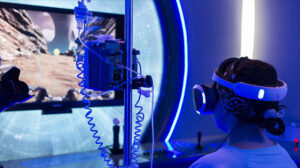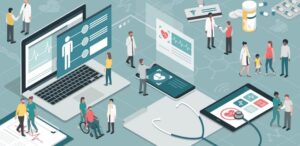Human resources and digitalization: a challenge for the future

With the advance of new technologies in the healthcare sector, not only has the patient experience been modified, but physicians and healthcare personnel must also adapt to these new practices. Human resources teams are making a great effort to train their employees and are still looking for expert profiles in these new tools. These new digital talents are difficult to select and it is also difficult to retain them.
Experts say that as digital transformation progresses in different healthcare-centric organizations, intelligent automation will relieve human resources staff of their administrative tasks. Training and digitization is a long-term investment that will yield optimal results for this sector. But at the same time, it is a huge challenge. Through a Situation Analysis of León, Mexico, carried out by C/CAN, one of the main concerns is the lack of participation of doctors in the technological acquisition processes to be used in public hospitals. Digital trainings will result in bridging the gap so that everyone has the same level of knowledge and maintaining quality in hospital care. Providence St. Joseph Health has already implemented a digital training platform for hospital staff to provide better opportunities and connect with new learnings. They do this through Artificial Intelligence, data analytics and integration of other systems.
The Workforce Institute of Kronos Incorporated interviewed more than 150 registered nurses and more than 100 human resources leaders and IT executives from medical organizations. One of the most relevant responses is that nearly all respondents are confident that by 2025 the healthcare industry will make a permanent change. 32% of HR executives say that the organization they work for is aware of the future of work and has long-term initiatives and investments in place. A percentage of staff expect their performance to improve exponentially due to technology and virtual assistants. In turn, they said they look forward to having a mobile platform that allows them to consult with more experienced staff during new or unfamiliar situations in order to improve their work through specialized voices.
Hosparus Heath’s vice president of human resources, Melissa Merrifield, notes that while implementing new technologies brings challenges, healthcare organizations must keep in mind that it’s all about improving care and quality of work. The more you invest in technology, the more you improve team collaboration, performance, engagement and retention. Digitization leads to better human resource management and positive patient outcomes. Astron e-college has a specialized program in human resource management in healthcare, so departments will be able to train their employees and train them in the world of digitization.




